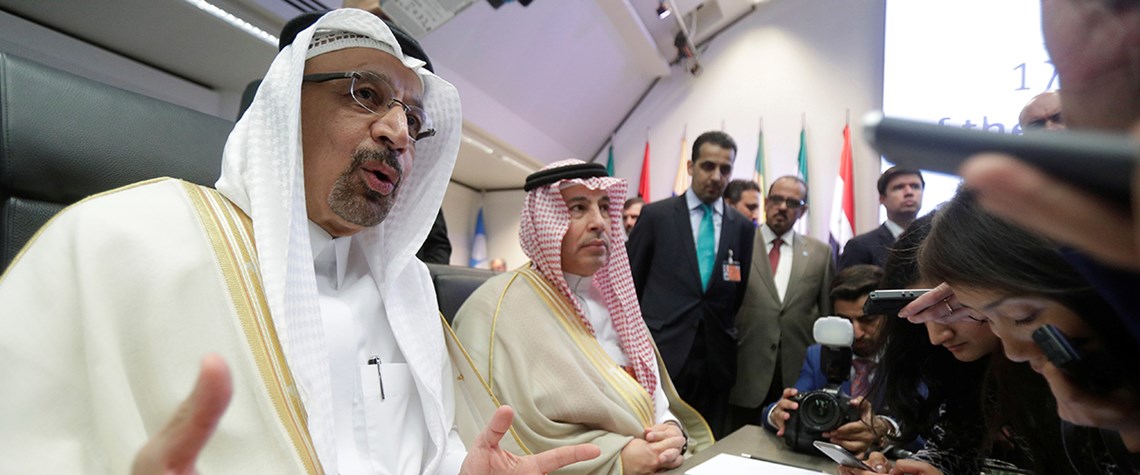Who's your swing producer now?
Under pressure from Trump, Saudi Arabia has demolished the Opec deal and will now pour oil into a market that is suddenly running short
Late in the evening of 21 June, Bijan Namdar Zangeneh, Iran's oil minister, walked out of Opec's headquarters on Helferstorferstraße and rushed to the nearby Kempinski hotel. He unloaded on the waiting press pack, briefing Iranian journalists off the record. Iran would accept no deal to increase oil output at the next day's Opec meeting, he said. Doing so was tantamount to "suicide", he told the Iranian reporters. The Opec meeting seemed destined for an ugly confrontation, the climax of a week of high-stakes petro-diplomacy. While Zangeneh huffed, a crucial meeting carried on without him back in Opec's headquarters. The Joint Ministerial Monitoring Committee (JMMC), led by Saudi Arabia and R

Also in this section
27 February 2026
The 25th WPC Energy Congress to take place in tandem as part of a coordinated week of high-level ministerial, institutional and industry engagements
26 February 2026
OPEC, upstream investors and refiners all face strategic shifts now the Asian behemoth is no longer the main engine of global oil demand growth
25 February 2026
Tech giants rather than oil majors could soon upend hydrocarbon markets, starting with North America
25 February 2026
Capex is concentrated in gas processing and LNG in the US, while in Canada the reverse is true







